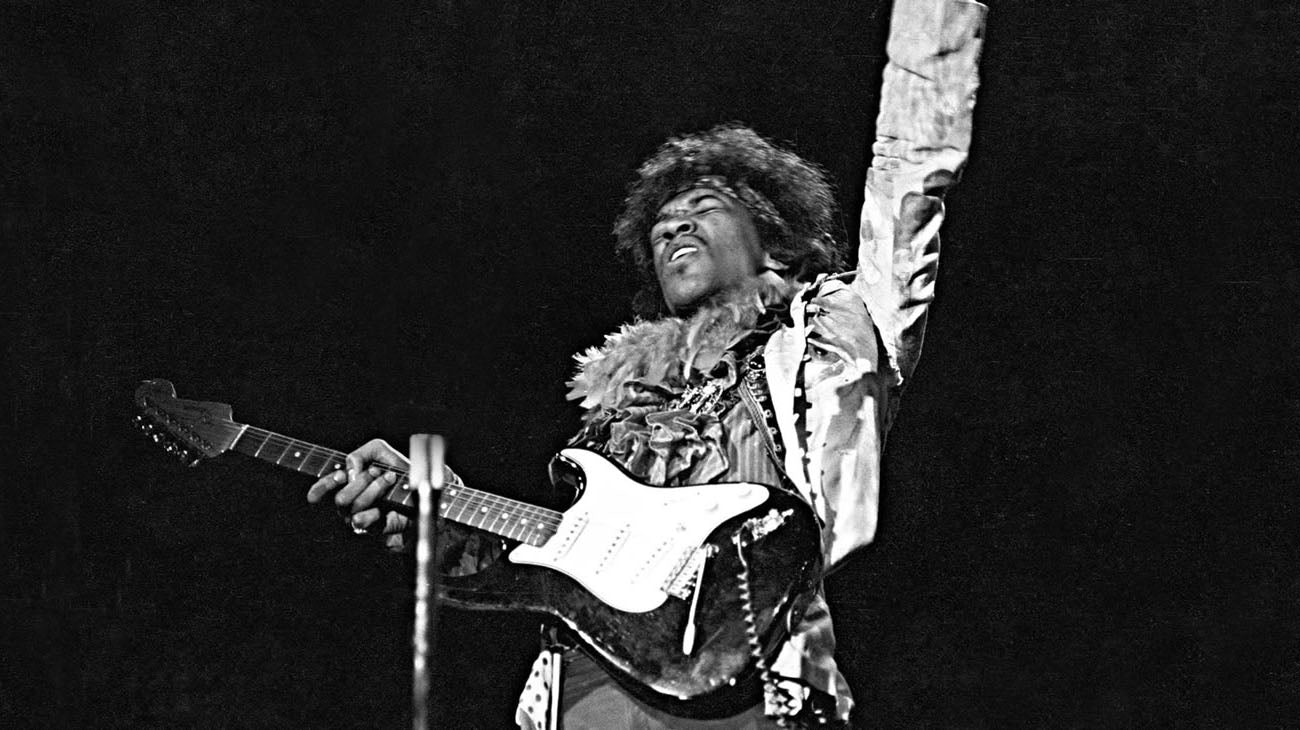The cloth wire is not easy to strip. People often call it 'push back' wire, as you can push the insulation back in order to expose the wire ends for soldering, so that you don't need to strip it. That said, when we wire guitars with this wire, we always strip it.
The trick is to use the 24 gauge opening in the wire strippers to 'bite' through the insulation, then relax the handle on the cutters as you slide the slug off the wire. You must relax the handles of the stripper before sliding the slug off, because using the 24 gauge opening to strip the 22 gauge wire means that the cutting edges cut all the way through the insulation (allowing you to pull the slug off cleanly), but they also cut into the wire very slightly - nicking it - and preventing you from sliding the slug off with the cutters thus engaged as the edges are holding onto the copper. So bite, relax, slide the slug off.
This is controversial, of course. Anyone who has had formal training in soldering knows that it is strictly verboten to nick wire with strippers. There are very expensive mil spec strippers out there where you have a separate pair of cutters for each and every wire gauge, and their purpose is to ensure that you don't nick wire. The cutters do not cut all the way through the insulation, so they cannot nick the wire. But the 'doesn't cut all the way through the insulation' part also means you cannot cleanly strip cloth wire! So it's a catch-22.
Nicking wire in a guitar circuit is not a big deal in our opinion. A) It's not a critical circuit, no one is going to die if there's a problem, like might happen in an airplane. B) It is not subjected to the kinds of vibration that causes long-term fatigue, again, like might be experienced by airplane wiring. Nicking is verboten because it can cause premature failure in mission-critical circuits that are subjected to substantial stress. Not an issue in guitar wiring. There will be no loss of current flow, no tonal change if the wire has minor nicking from strippers, and of course most nicking will immediately be filled in with solder. So if you want to strip cloth wire, give it a try with the smaller opening and we think it'll be less frustrating.









